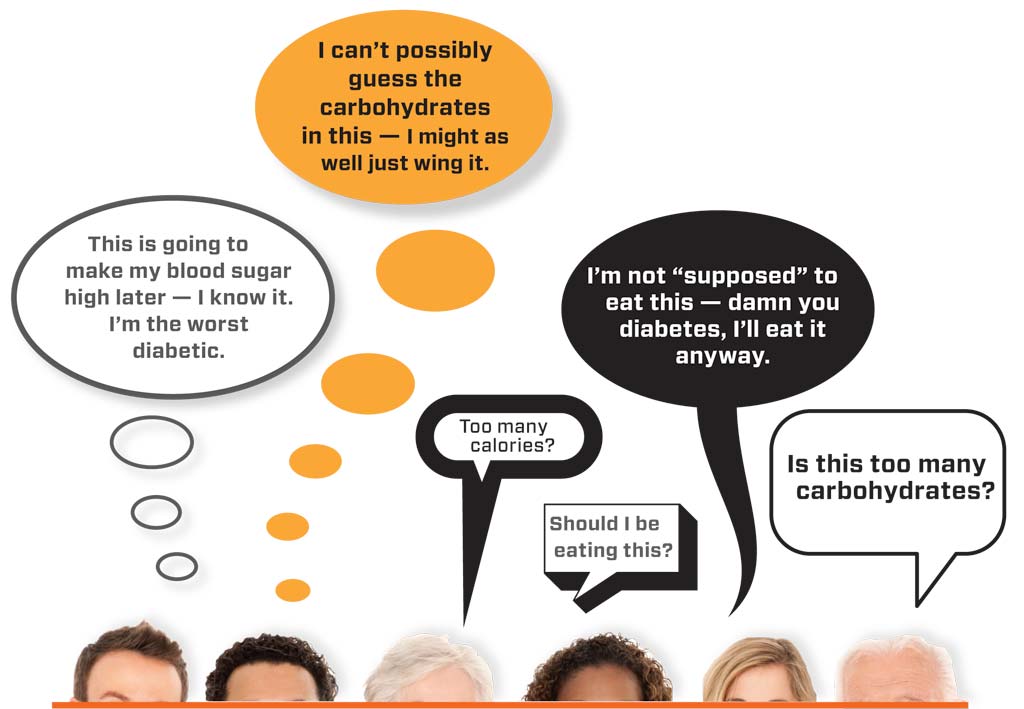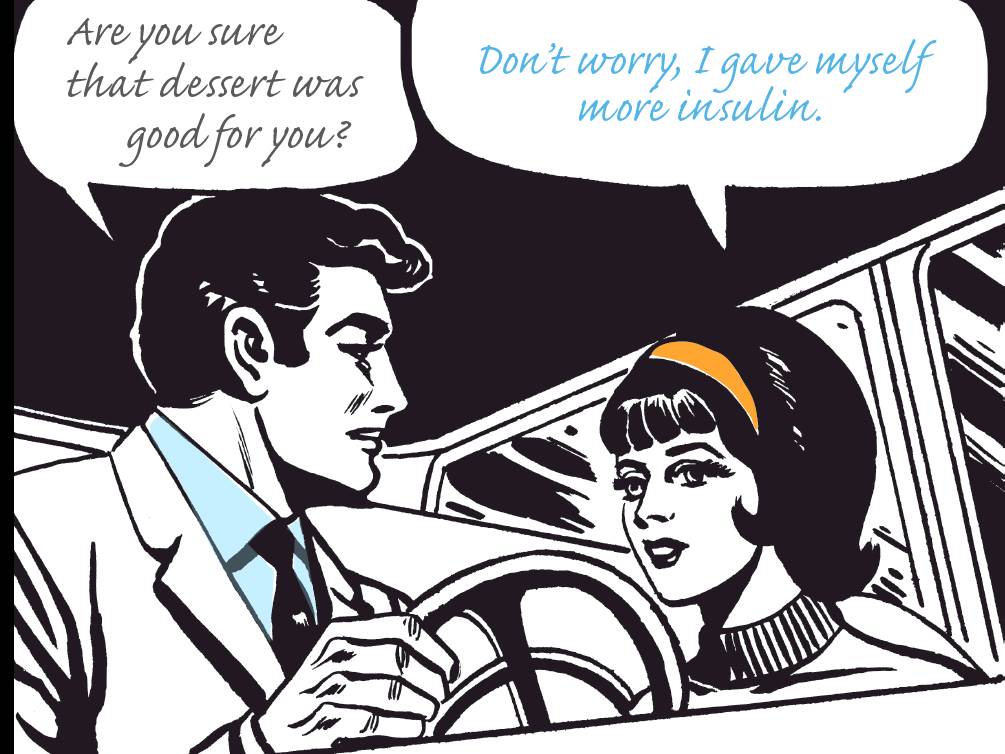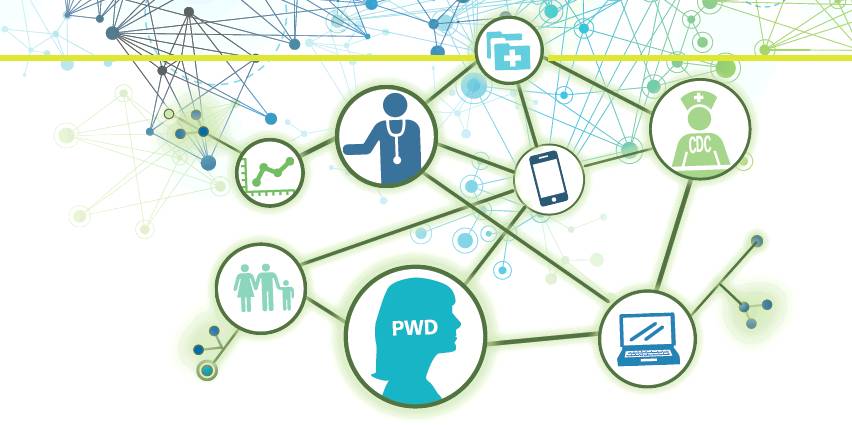Should You Go to a Diabetes Psychologist?

When I tell people I am a psychologist who specializes in diabetes (and who also happens to have Type 1 diabetes), they often are startled that there is such a specialty. I can’t tell you how many times I’ve been asked “Is there really a need for that?” or “How hard can having diabetes really be?”
It’s no secret to anyone who has diabetes that living with the condition can be really tough – and that the biggest challenges are often mental. Think about it for a minute. There are 8,760 hours in a year, and if you see your doctor every 3 months for a 15-minute appointment, that means that there are about 8,759 hours a year that you are on your own to manage your diabetes. You have to make important (sometimes life-or-death) decisions about your health multiple times a day, every day.
For some people that responsibility can get so overwhelming, frustrating, and embarrassing that some people stop checking their blood sugar and taking insulin. Also, people with diabetes must deal with things like the fear of low blood sugar, how to handle complications, and combating a diabetes-related eating disorder – the list just goes on. When I tell mental health professionals about all this, they often tell me they had no idea how hard living with diabetes can be.
If you have diabetes and you’re struggling, how do you know if you should get help? When someone asks me this, there a couple of things I encourage them to ask themselves:
1) Are your struggles affecting your ability to manage your diabetes? One of the most common reasons that people come to see me is that they are feeling frustrated and defeated by diabetes, and that these feelings make it really hard for them to get motivated to check their blood sugar and take insulin.
<
2) Is your diabetes having a negative impact on your relationships? For example, do other people tell you that they are worried about you or that they don’t want to be around you because you are moody, irritable, or just not yourself?
3) Is the stress of living with diabetes making it harder for you to do the things that are important to you?
If someone answers yes to any of these questions, it might be helpful for them to seek help.
Not all therapy is equal for a person with diabetes. If what you are struggling with is diabetes-related, then its important that your therapist really understands the condition. For example, I’ve had people see me because they aren’t taking insulin regularly for fear of going low; a therapist who doesn’t know much about diabetes may have a hard time understanding this issue, and many not know how to help. If you see someone who understands diabetes, then they will at least understand what you are talking about and (hopefully) will have some idea about how to help.
A lot of people wonder what happens in therapy. Therapy isn’t a magic bullet - it’s hard work - but it can be a safe, supportive place where you can work on whatever challenges you are facing. A therapist will try to help you develop the emotional skills to better tolerate the challenges of living with diabetes, problem-solve around difficult issues, and see how your thoughts are affecting your emotions and your behavior. I also always encourage those who come to me to meet others with diabetes, either online or in person, because it’s such a great way to get support and feel less alone.
If you’re looking for a therapist who specializes in diabetes, the best place to start is with your endocrinologist. A lot of times, they can refer you to a therapist who specializes in this. You can also do a Google search or ask other people with diabetes for a recommendation. Unfortunately, there aren’t enough of us out there, so if you find someone who has helped you, let your doctor and others know of this therapist.
As a psychologist with diabetes, I struggle sometimes as well, and my diabetes doesn’t go away when I am seeing patients – I’m reminded of this all the time! I can’t tell you how many times I have had to pull out my pump during a session to correct a high or stop to adjust because my CMG alarm is telling me I’m low. Because my patients all have diabetes, I try to use these moments to let them know that I understand what they are going through - and I try to be good example.
Diabetes can be really tough, and if you are having a hard time handling it on your own, please know that there are people out there who can help you!
Thanks for reading this Insulin Nation article. Want more Type 1 news? Subscribe here.
Have Type 2 diabetes or know someone who does? Try Type 2 Nation, our sister publication.







